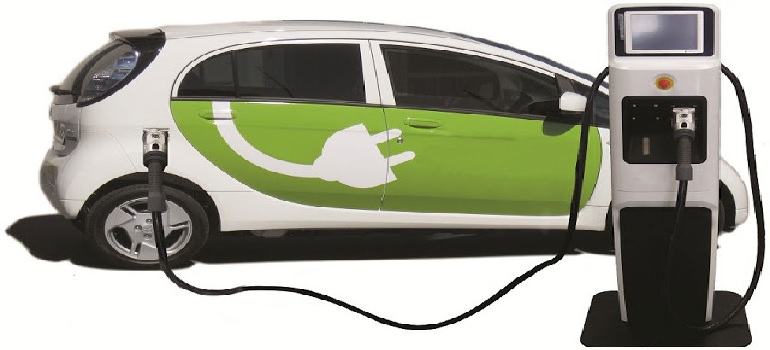
Consultancy group Wood Mackenzie in its new report said that only 2,60,000 EVs have hit Indian roads and majority are two-wheelers. The firm stated that the sale of electric car dropped by 40 per cent in India.
“Electric car sales, for instance, declined by 40 per cent to a mere 1,200 units in the financial year 2018 over the financial year 2017, while electric two-wheeler sales rose 138 per cent to 54,800 units during the same period. In contrast, China had a stock of 1.8 million EVs and 258 million e-bikes at the end of 2018,” it said.
This year, it said, will be an important year as the final version of the National Auto Policy and the second phase of the Faster Adoption and Manufacturing of (Hybrid &) Electric Vehicles (FAME) scheme will be released.
“The question is the timing will it be before or after the elections? Will the Modi government change tack if it is not re-elected? Will this ambiguity continues to deter wider adoption? Automakers seem to have realised that EV adoption is not a question of ‘if’. For instance, Maruti Suzuki, the largest automaker in India, will launch an electric version of one of its best-selling entry-segment cars the Wagon R in Q1 2019,” Mackenzie said.
The firm noted that another key challenge will be
stakeholder management and coordination across the different ministries,
government bodies and industry participants while the policy is formalised.
Stating that two-wheelers will dominate the electric mobility landscape in the
personal transport sector, it said India offers huge potential for automakers
as car ownership levels are very low (23 per 1,000 capita).
Rising income levels will increase car ownership and most global automakers are
closely watching this lucrative market. At the same time, two-wheelers should
not be ignored with current ownership six times larger than four-wheelers.
“We believe that two-wheelers are the more effective option given their
utility in intra-city travel, less need for public charging infrastructure and
availability of battery technology. Two-wheelers will eventually leapfrog
four-wheelers towards the goal of a greener and sustainable mobility
future,” it added.

